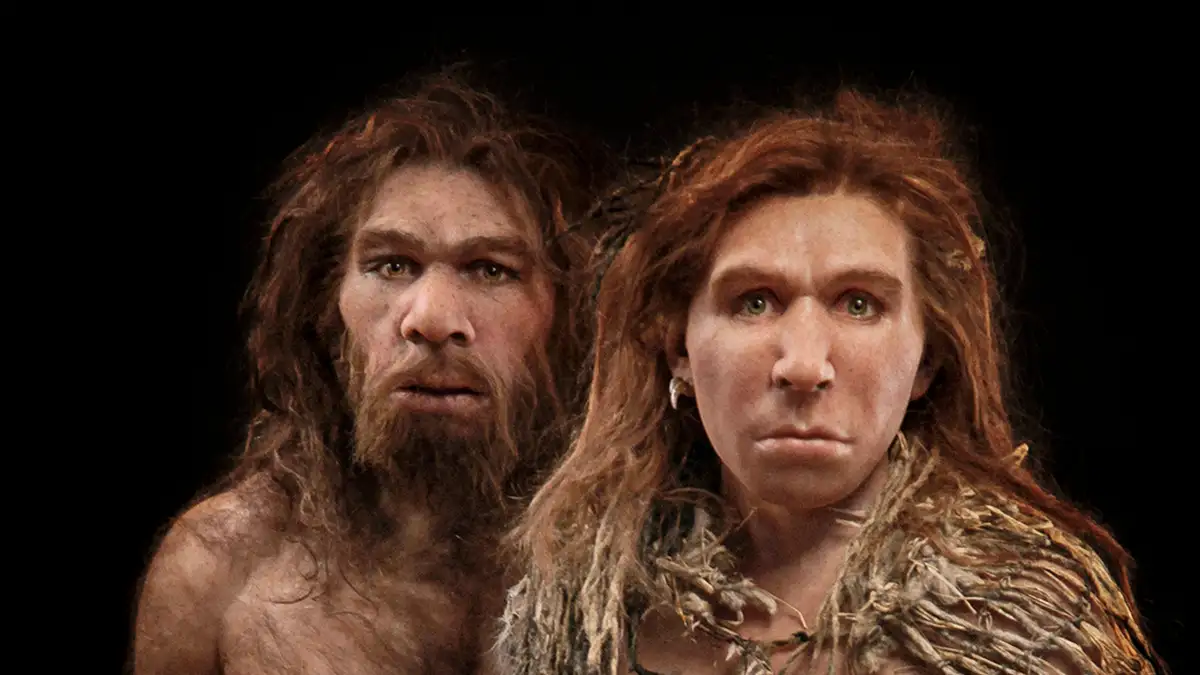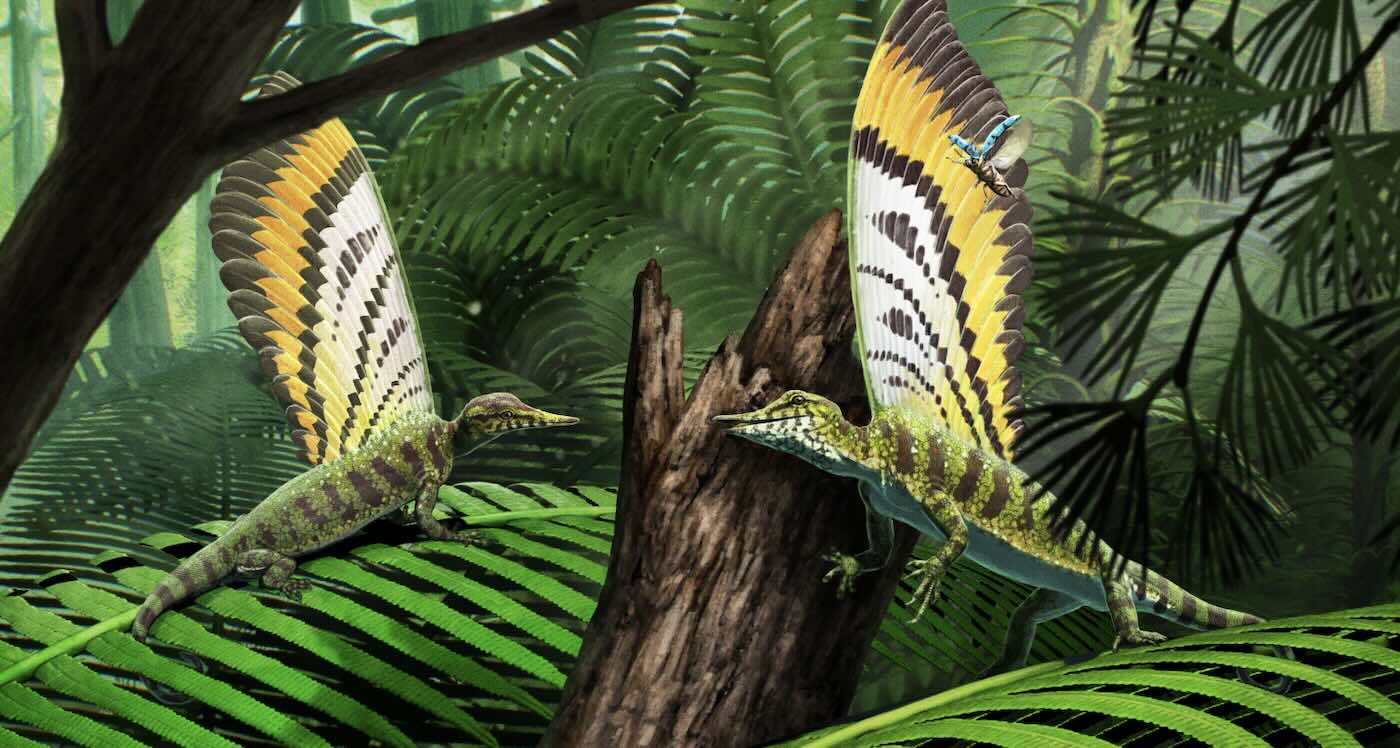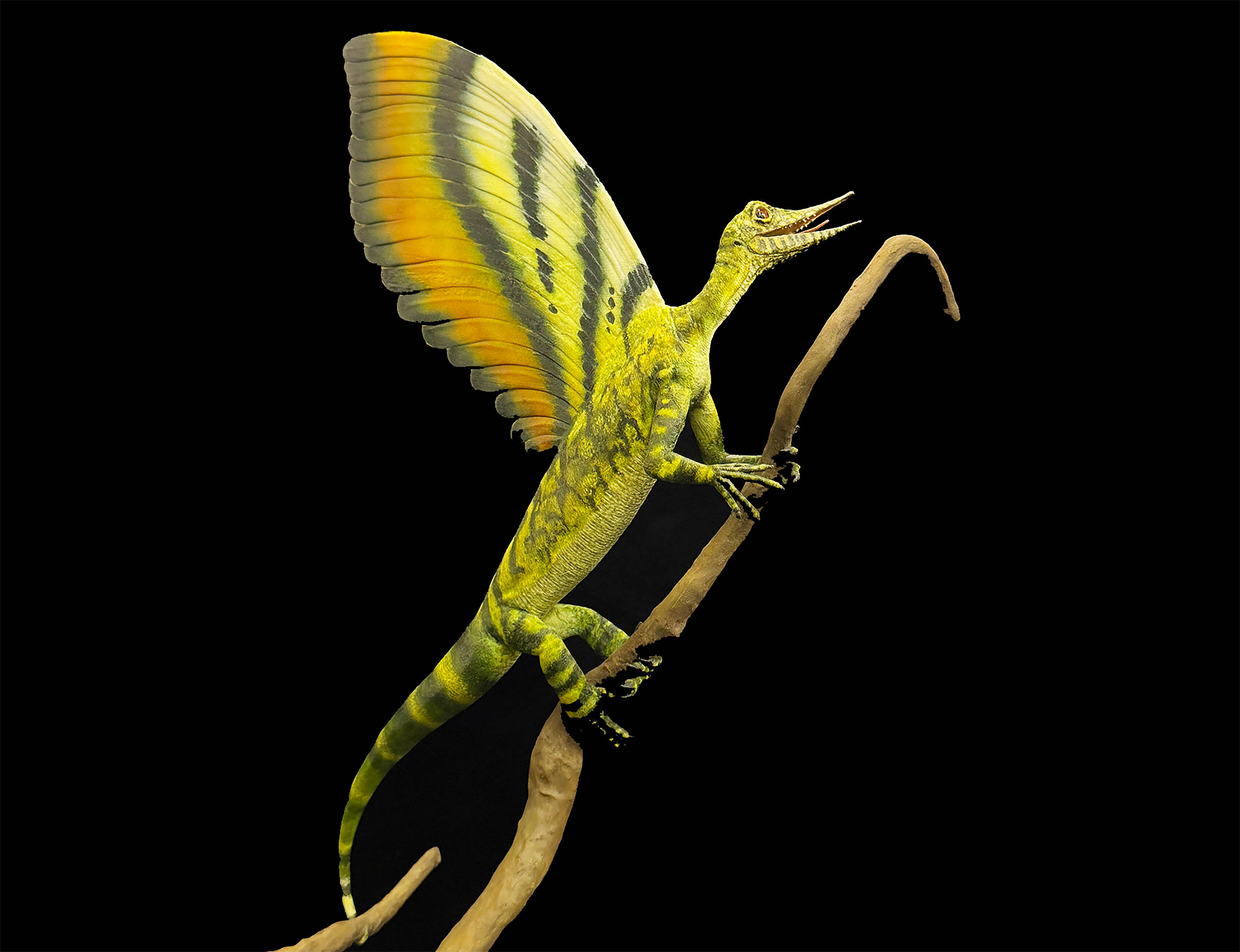T4K3.news
New Theory Rewrites Human Evolution History
Researchers introduce a novel perspective on how Homo sapiens adapted and thrived.

Research from a team of scientists offers new insights into the evolution of Homo sapiens.
New Theories Challenge Traditional Views of Human Evolution
A new theory presented by researchers from the Max Planck Institute and the University of Cambridge suggests that Homo sapiens began exhibiting ecological flexibility around 70,000 years ago, allowing them to thrive in diverse environments. This challenges the traditional narrative that our species emerged from a singular 'Garden of Eden' in Africa about 200,000 years ago. The researchers see evidence that early Homo sapiens were already living in various ecosystems but only became truly adaptable when they faced climate challenges. They propose that the successful migration out of Africa involved a different group of modern humans who had developed unique capabilities to navigate harsh terrains.
Key Takeaways
"We found that the human niche began to expand substantially from 70,000 years ago."
Scerri explains how ecological flexibility led to human migration success.
"Our superpower is that we are generalists able to adapt to more environments than any other animals."
Scerri emphasizes the unique adaptability of Homo sapiens compared to other species.
"We simply see that around 70,000 years ago, they were able to exploit a more expansive diversity."
Scerri discusses the crucial shift in ecological adaptability of early humans.
"Homo erectus didn't quite spread everywhere. They really stuck to a relative thin tropical and subtropical climate band."
Scerri differentiates early humans from their predecessors who had limited adaptability.
This new perspective shifts the focus from a linear progression of human evolution to a more complex understanding of our ancient past. It emphasizes the role of environmental adaptability, suggesting that our ancestors thrived not in spite of adversity but because they learned to adapt to changing conditions. This could have far-reaching implications for how we understand human migrations and interactions with other hominin species, reshaping the narrative of who we are and how we survived.
Highlights
- Our superpower is that we are generalists adapting to diverse environments.
- Africa was becoming drier which increased competition among groups.
- Ecological diversity lies at the heart of our species' success.
- Humans thrived not despite adversity but because of it.
Potential Controversy in Human Evolution Theories
The study challenges long-held views on human evolution, which may provoke discussion and criticism within the scientific community.
These findings prompt further exploration of how environmental changes shaped human history.
Enjoyed this? Let your friends know!
Related News

New Fossils in China Upend Human Evolution Theories

Ancient underwater city discovery raises historical debates

Ancient Child Skull May Change Our View of Human Evolution

New findings reveal connections between humans and Neanderthals

Discovery in Grand Canyon challenges views on life's origins

Scientists identify a new human species named Homo juluensis

New Triassic reptile discovery changes views on feather evolution

New fossil discovery challenges reptile evolution theories
